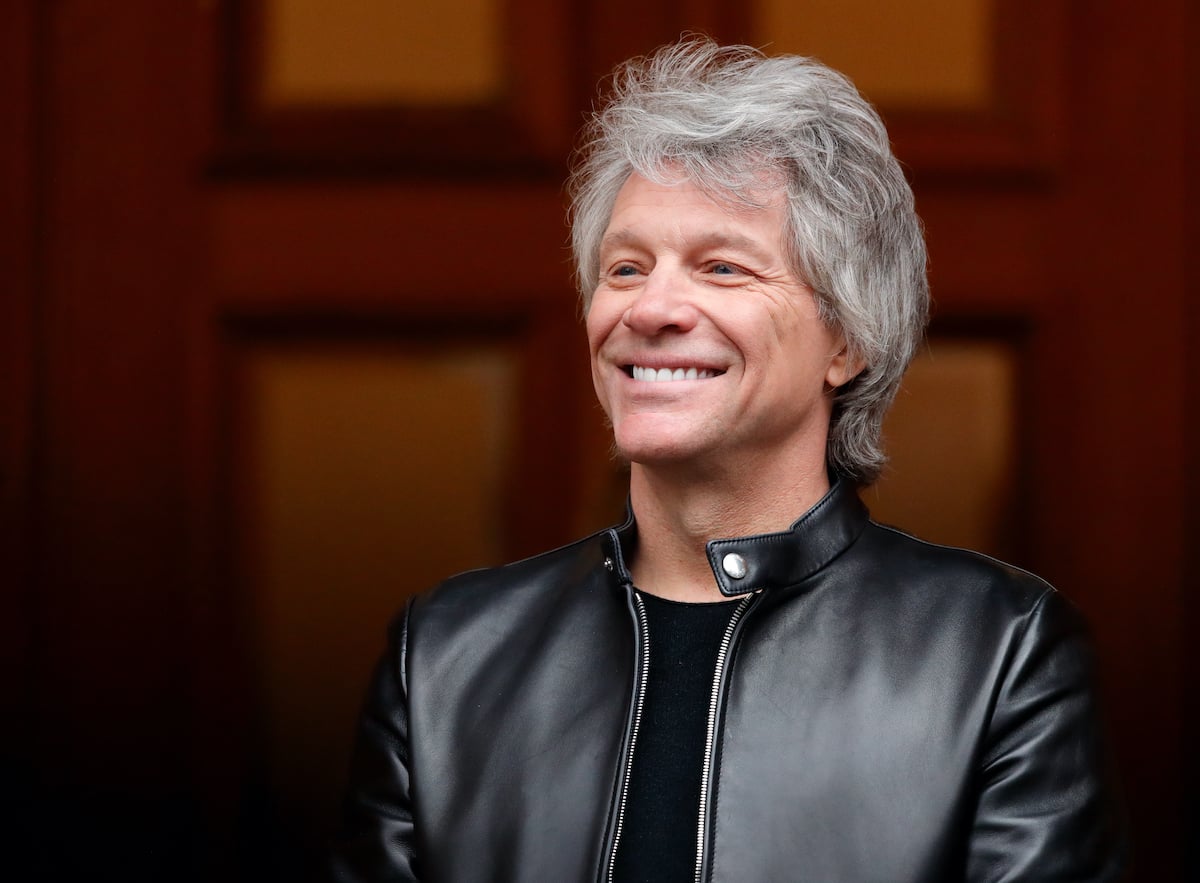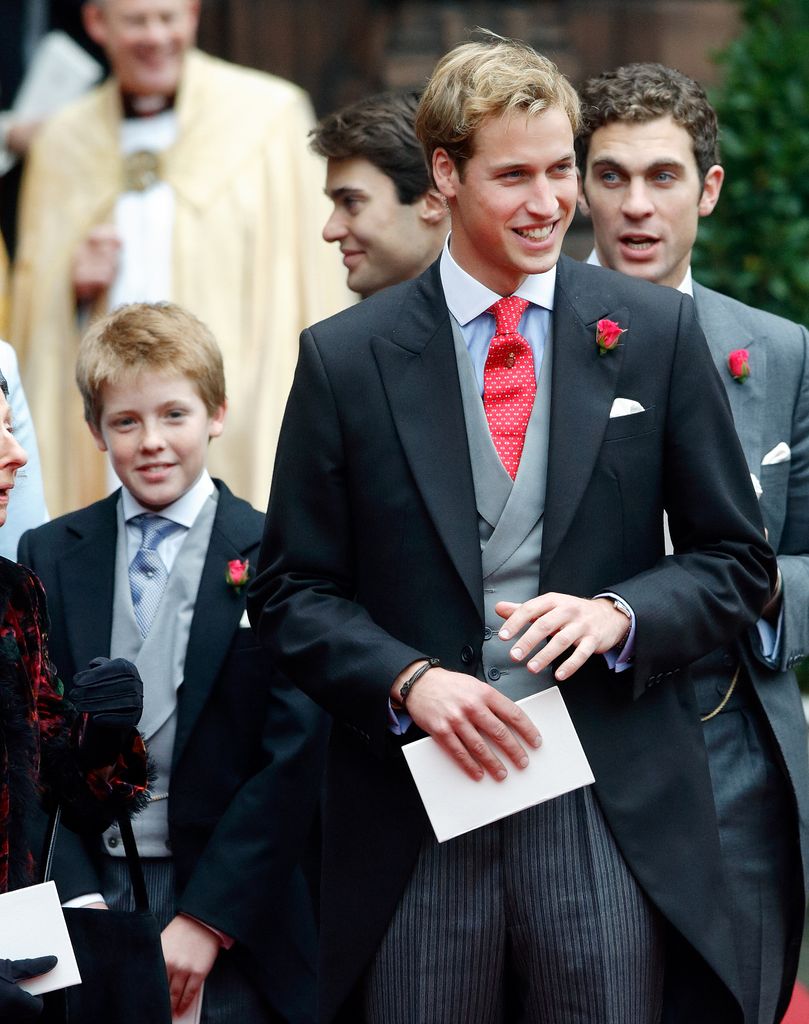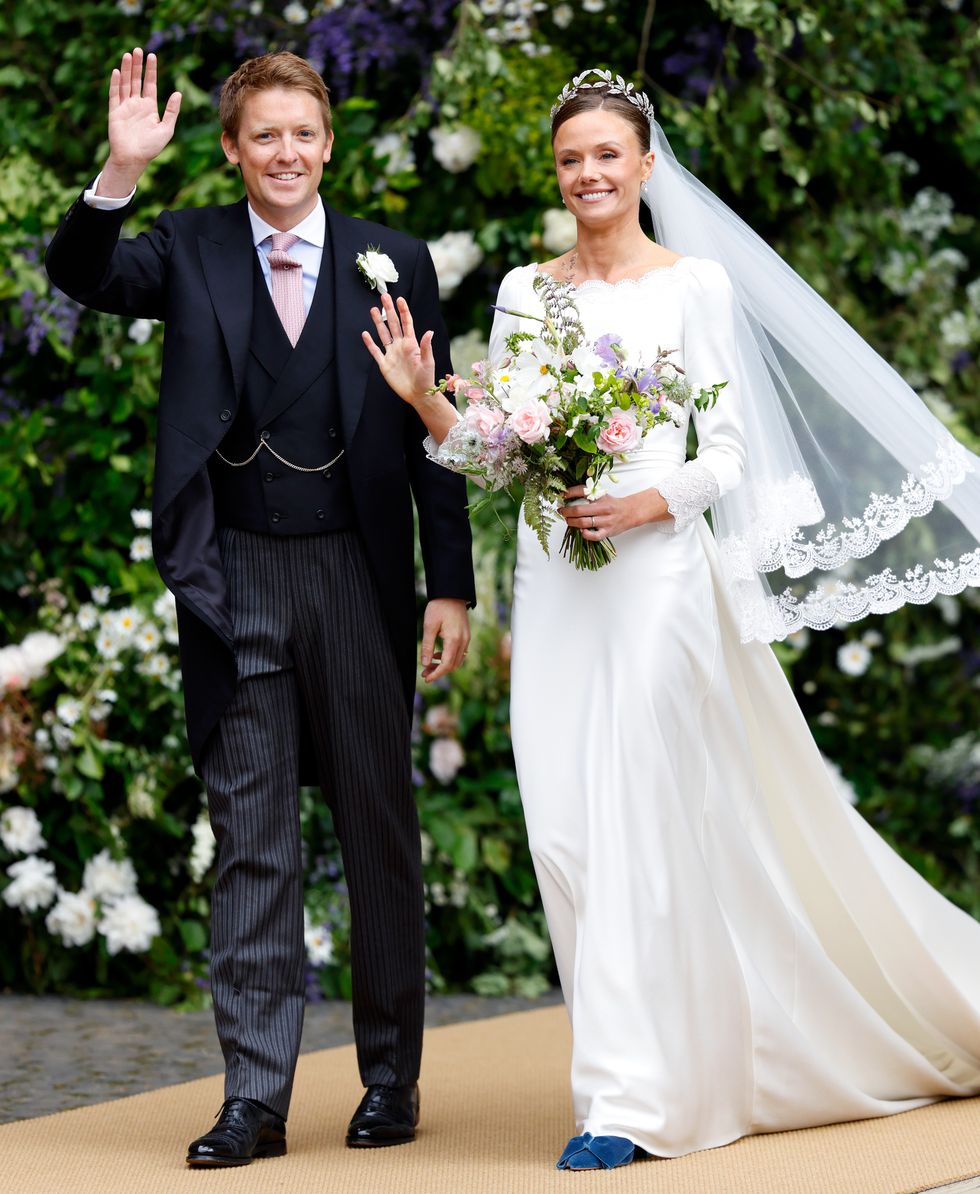The words were simple:
“If you want people to have kind words when you pass, you should say kind words when you’re alive.”
What followed was anything but simple.
The Backlash

Within hours, Jon Bon Jovi’s post was shared thousands of times. Supporters hailed it as raw wisdom, a call for kindness in a world overflowing with anger. But critics erupted. Some accused him of insensitivity, of timing his message poorly, of crossing a line when grief and shock were still fresh in the air.
Social media, with its echo chambers and instant outrage, turned the rocker’s reflection into a firestorm. Hashtags spread like wildfire. Comment sections became battlegrounds. People debated not just the post itself, but what it said about empathy, responsibility, and the role of public figures in moments of tragedy.
Many would have retreated. Many would have deleted the post, issued an apology, and quietly moved on. Jon Bon Jovi, however, is not “many.”
Doubling Down
Instead of softening his stance, Bon Jovi sharpened it. Hours later, he posted again—clear, steady, unshaken:
“And I’ll stand behind this. Be kind, now more than ever.”
No apology. No backpedal. Just conviction.
It was a line in the sand. It said, in no uncertain terms, that this was not about politics, not about sides, not about popularity. For Jon Bon Jovi, it was about principle. About kindness as a currency too often withheld, until it’s too late to spend it.
The backlash did not quiet. But something else happened, too: people began to listen.
Why His Words Matter

To understand why Bon Jovi’s words cut so deep, you have to look at the times we’re living in. The digital age has made it easier than ever to speak—but not always easier to speak kindly. Outrage gets clicks. Sarcasm earns likes. Mockery goes viral.
Kindness, on the other hand, often feels old-fashioned. Politeness is mistaken for weakness. Civility is dismissed as naivety. Yet in the middle of chaos, in a season of division, Jon Bon Jovi offered a reminder: kindness is not weakness—it is power.
The message wasn’t about agreeing with everyone. It wasn’t about silencing criticism. It was about the simple, universal truth that words matter. They matter when we’re alive, and they matter even more when we’re gone.
A Career Built on Heart

Jon Bon Jovi has never been just another rock star. Yes, his band has sold more than 130 million records worldwide. Yes, he’s headlined stadiums from Tokyo to Rio. But beneath the fame and the fireworks, his career has always been marked by heart.
Songs like Livin’ on a Prayer or It’s My Life aren’t just anthems of rebellion; they’re hymns of resilience. They remind ordinary people that their struggles matter, that their voices can rise above the noise. And outside of music, Bon Jovi has put that message into action—through philanthropy, activism, and community service.
From building affordable housing to founding the Jon Bon Jovi Soul Foundation, which fights hunger and homelessness, he’s made kindness a living practice, not just a lyric. That’s why his recent words sting and inspire in equal measure: they’re not empty slogans. They’re consistent with a life lived in service.
The Timing Question
Still, critics argue timing is everything. Was Bon Jovi right to say what he did when he did? Should public figures weigh their words more carefully in moments of collective grief?
These are not simple questions. There’s a rawness to grief that makes even truth hard to swallow. When someone passes—especially in tragic or public circumstances—emotions run high. To suggest that the legacy of kindness must be earned while alive may feel harsh to those still reeling from loss.
But isn’t that the point? Isn’t the reminder of mortality precisely when kindness matters most? Bon Jovi wasn’t mocking the d3ad, nor was he weaponizing grief. He was shining a light on the living, urging us all not to wait until funerals and eulogies to speak words of compassion.
Kindness in a Divided World

Step outside the glare of the headlines for a moment, and you see a world thirsting for kindness. From politics to social media, division has become the language of the day. Friendships fracture. Families fight. Communities split. And through it all, the currency of kindness grows more scarce.
Jon Bon Jovi’s post—controversial as it may be—is a challenge. A challenge to speak kindness before it’s too late. To offer grace before bitterness hardens. To treat each encounter, whether online or in person, as an opportunity to build rather than break.
In many ways, his message isn’t new. Religious texts, philosophers, poets—all have urged kindness for centuries. But perhaps what makes Bon Jovi’s words powerful is their bluntness. He didn’t wrap them in metaphor. He didn’t soften them with disclaimers. He put it plainly: kindness must be spoken now.
The Legacy Question

Every public figure eventually faces the question of legacy. What will be remembered? What will be repeated? For rock stars, legacies are often tangled in excess—drugs, scandals, headlines that overshadow the music. But Jon Bon Jovi has built a career largely free of those distractions. His legacy has always leaned more toward longevity, generosity, and sincerity.
And that’s why his stance resonates. He isn’t just telling the world to be kind; he’s living proof that kindness builds legacies as enduring as any platinum record.
The backlash will fade. The anger online will move to the next target, the next story. But the principle he stood by will remain: speak kindness while you can.
What We Can Learn
So what do we, ordinary readers, take from this? It’s tempting to reduce it to celebrity drama. To roll our eyes and move on. But there’s something deeper here.
Kindness is urgent. It can’t wait for tomorrow. Life is fragile, and words unsaid today may never be spoken.
Kindness is courageous. It takes strength to speak kindly in a world that rewards cruelty.
Kindness is remembered. When we’re gone, people won’t replay our tweets or tally our arguments—they’ll remember how we made them feel.
Bon Jovi’s message is not about him. It’s about us. About the millions scrolling through feeds, choosing every day whether to use words as weapons or gifts.
Standing Firm in the Storm
There’s a certain poetry in the fact that Jon Bon Jovi—a man whose songs often echo resilience—is now embodying it in real life. He could have deleted his post. He could have explained it away as a misunderstanding. Instead, he doubled down.
It’s not arrogance. It’s not stubbornness. It’s clarity. In a moment when the easy path was retreat, he chose resolve. And whether you agree with him or not, that courage deserves attention.
Because in the end, this isn’t just about a rock star’s post. It’s about the kind of world we want to live in. One where kindness is optional, delayed until eulogies, or one where kindness is spoken boldly, now more than ever.
Final Reflection
Jon Bon Jovi is no stranger to storms. He has seen the rise and fall of fame, the shifting tides of music, the relentless scrutiny of public life. And yet, his voice still carries, not just through amplifiers, but through words.
This week, that voice said something worth hearing: “Be kind, now more than ever.”
It is both a challenge and an invitation. A challenge to reflect on our own words, our own legacies. An invitation to speak kindness into the lives around us—not someday, not later, but now.
And maybe, just maybe, if enough of us take that to heart, we’ll find that kindness is not just something we admire in rock stars and leaders, but something we live in ourselves.
Because at the end of the day, it isn’t the applause that lasts. It isn’t the headlines, the albums, or the chart positions. What endures is the kindness we’ve shown.
Jon Bon Jovi reminded us of that. And he isn’t backing down.
HISTORY IN THE MAKING! Prince William at the Center of Palace Announcement as Baby’s Future Crown and Wealth Revealed


London, July 27, 2025 — Bells rang, headlines blazed, and whispers filled Britain’s aristocratic halls. The Duke and Duchess of Westminster welcomed their first child, Lady Cosima Florence Grosvenor. But what began as a joyous birth quickly became a story that intertwined wealth, inheritance, and the royal family’s most delicate relationships.
A Friendship Written in Royal Blood
The Grosvenor dynasty is no ordinary family. With an estimated fortune of £10 billion, their reach stretches across London’s most prized estates and global investments. Yet it is their bond with the monarchy that keeps them in the spotlight.
Hugh Grosvenor, the 7th Duke of Westminster, is not just Britain’s richest young aristocrat. He is King Charles III’s godson and the godfather of both Prince George and Prince Archie. His mother, Natalia Grosvenor, is godmother to Prince William himself. These connections run deeper than property deeds and titles — they are stitched into the very fabric of Britain’s upper class.
And now, with the arrival of baby Lady Cosima, the family faces a decision that could echo across generations: Who will be her godfather?
Prince William or Prince Harry?
Sources close to the Grosvenors insist Prince William is the leading contender. His bond with Hugh is undeniable. At Hugh’s wedding to Olivia Henson at Chester Cathedral in June 2024, William served as usher, guiding guests with quiet grace. Harry, by contrast, was absent — invited, but not present.
This absence lingers. The brothers’ fractured relationship makes the decision more than symbolic. Choosing William reinforces continuity, loyalty, and stability. Choosing Harry would be an olive branch — a gesture toward reconciliation.
“The godfather question is more than family tradition,” one insider explained. “It’s a reflection of where loyalties lie in a very public feud.”
A Baby Born into Legacy
Lady Cosima may be only weeks old, but she has already inherited the gaze of the nation. Born into one of Britain’s wealthiest families, she is surrounded by luxury and expectation. Her lineage ties her to a dukedom that is both ancient and immensely powerful.
But here lies the dilemma: under Britain’s system of male primogeniture, the Dukedom of Westminster cannot pass to a daughter. Lady Cosima, despite her birthright wealth, cannot inherit her father’s title or his sprawling estate.
Unless Hugh and Olivia have a son, the title will pass to another male heir in the family. For now, Cosima’s destiny is not measured in crowns or dukedoms, but in the wealth, influence, and traditions that surround her upbringing.
Joy and Tradition in Public View
Before her birth, Hugh and Olivia appeared in April 2025 alongside Prince William and young Prince George at Villa Park in Birmingham. Together they cheered Aston Villa in a Champions League clash against Paris Saint-Germain. The sight of William and Hugh celebrating side by side underscored their enduring friendship — one that now extends to William’s potential godfather role for Cosima.
Their public statement in July confirmed her arrival: a moment of pure joy against the backdrop of centuries-old traditions and modern debate.
The Grosvenor Wealth
The Grosvenors’ fortune is as vast as it is influential. Their property empire includes swathes of Mayfair and Belgravia, some of the most valuable real estate in London, as well as holdings abroad. Under Hugh’s stewardship, the estate has flourished, diversifying into global investments and charitable initiatives.
Lady Cosima may not wear a title, but she will grow up surrounded by power. Her world will be shaped by the expectations of wealth and the subtle but undeniable pressures of proximity to the monarchy.
Inheritance, Titles, and Change
Her birth reignites debate over primogeniture, the centuries-old law that bars women from inheriting titles like the Dukedom of Westminster. Campaigners have long argued the law is outdated, especially as Britain has seen two queens reign with extraordinary success.
Yet change comes slowly. For now, Lady Cosima embodies both privilege and limitation: immense fortune, but no title. Her parents, perhaps wisely, have remained silent, choosing to focus on family rather than controversy.
Looking Ahead
The question remains: who will guide Lady Cosima as godfather? If William is chosen, the moment will symbolize the monarchy’s enduring friendship with Britain’s wealthiest family. If Harry, it will mark a step toward healing royal wounds.
Either way, her birth is more than a family milestone. It is a reminder that Britain’s aristocracy and monarchy remain deeply intertwined — by history, by blood, and by choice.
Final Line
In a nation where crowns and titles still carry immense weight, Lady Cosima’s birth is both a celebration and a challenge. She may never inherit the dukedom, but she has already inherited history. And with Prince William standing at the center of it all, this story is not just about wealth or titles — it is about the bonds that shape the future of the monarchy itself.



